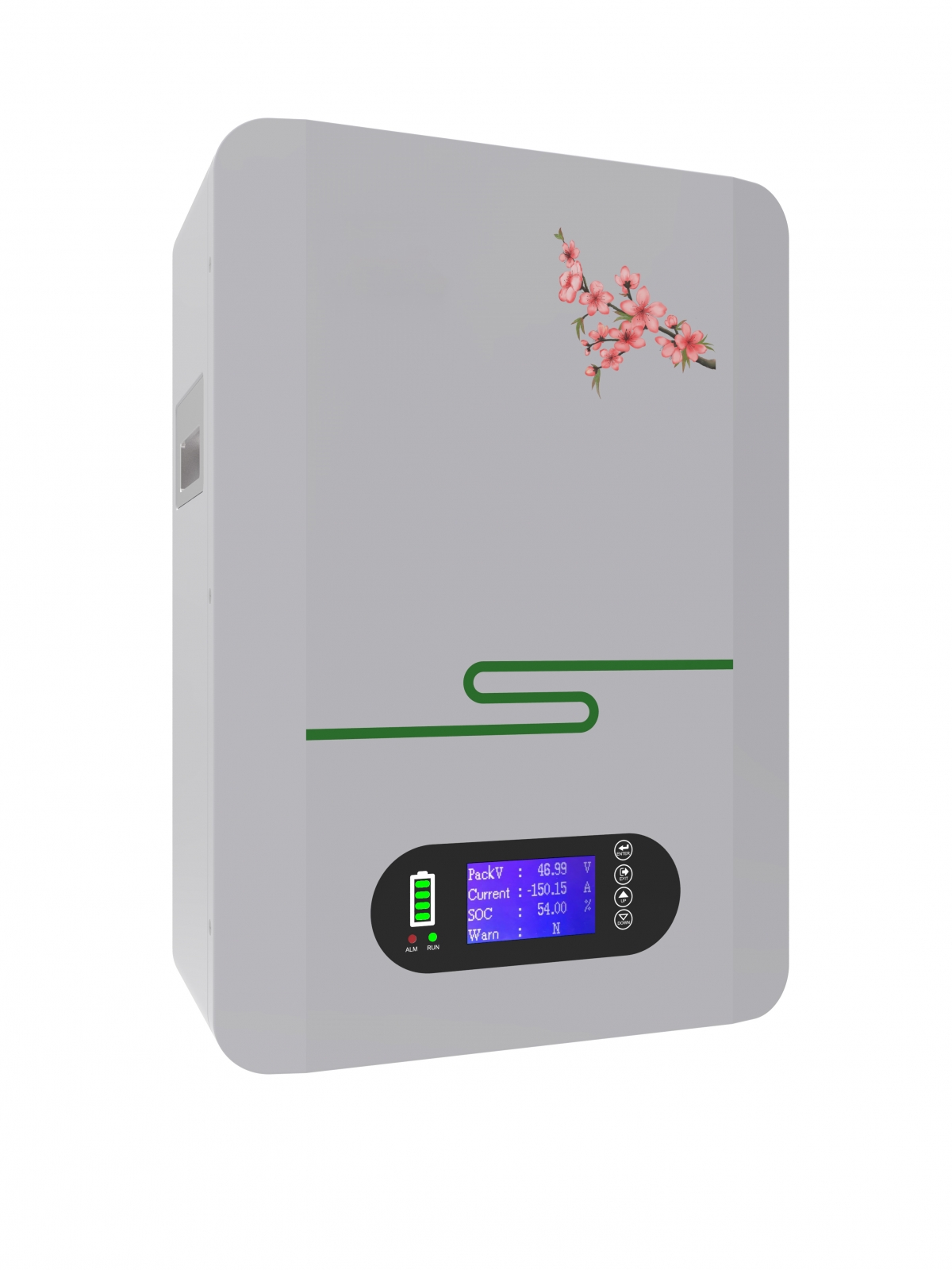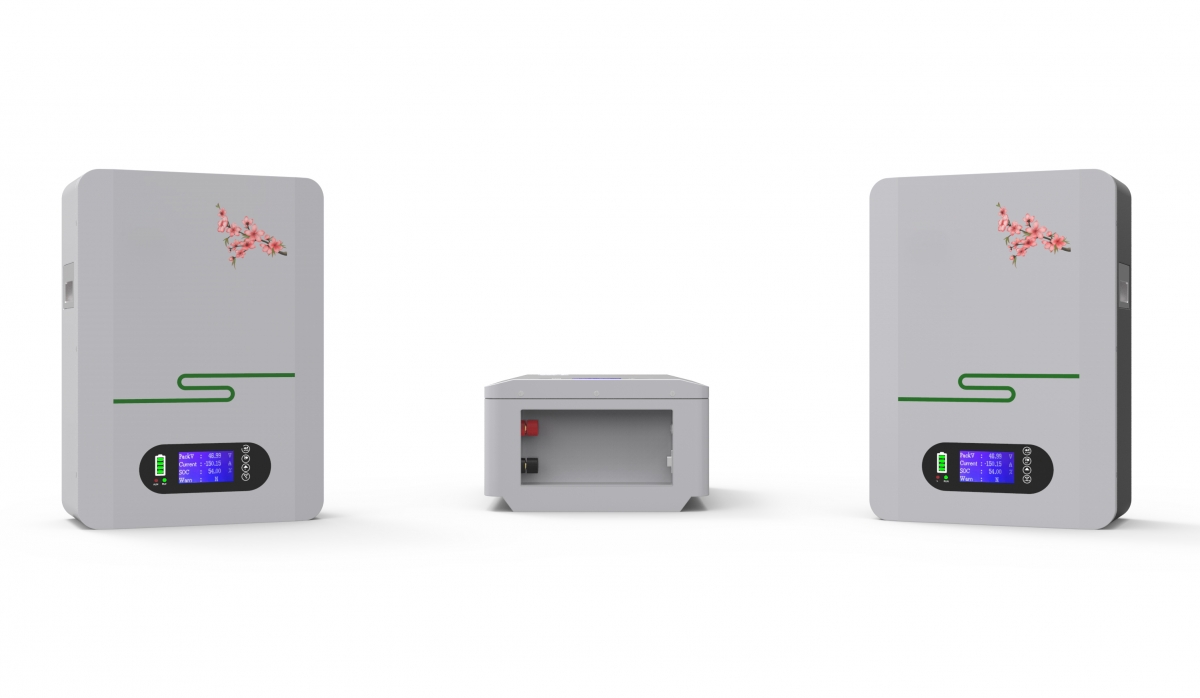- 28
- 10月
What Batteries Are Best for Solar: Choosing the Right Power Source for Your Green Energy Needs
Understanding the Importance of Solar Batteries
Solar energy is revolutionizing the way we power our homes and businesses. Solar batteries, often overlooked, play a pivotal role in this green transformation. They store the sun’s energy, ensuring a continuous power supply, even during cloudy days or nighttime.
Solar Batteries: The Heart of Your Solar System
Harnessing the power of the sun requires efficient storage solutions. Solar batteries are designed to store excess energy generated during sunny periods for use when the sun isn’t shining. These batteries ensure uninterrupted power supply, making them essential for every solar energy setup.

Factors to Consider When Choosing Solar Batteries
Selecting the right solar battery is crucial for maximizing the benefits of your solar system. Here’s what you need to consider:
Capacity: Matching Your Energy Needs
Choosing a battery with the right capacity is vital. Assess your daily energy consumption to determine the appropriate battery size. A well-matched battery ensures optimal performance and prevents energy wastage.
Battery Lifespan: Longevity Matters
Invest in batteries with a longer lifespan. Quality batteries can last up to 15 years or more, providing reliable power for years to come. Consider this longevity when making your purchase decision.
Depth of Discharge: Utilizing Maximum Power
The depth of discharge (DoD) indicates how much of the battery’s capacity can be used before it needs recharging. Batteries with a higher DoD offer more usable energy, making them ideal for solar applications.
What Batteries Are Best for Solar? Top Choices
Several solar battery types are available, each with unique features. Let’s explore the top options:
Lithium-Ion Batteries: Superior Efficiency
Lithium-ion batteries are renowned for their high energy density and efficiency. They offer a longer lifespan, faster charging, and compact size, making them an excellent choice for solar installations.
Lead-Acid Batteries: Affordable and Reliable
Lead-acid batteries are the most common and cost-effective option. They are durable and can handle deep discharges, making them suitable for off-grid solar systems.
Saltwater Batteries: Environmentally Friendly
Saltwater batteries are eco-friendly alternatives. They use non-toxic materials, making them safe for the environment. While they have a lower energy density, they are an excellent choice for sustainable energy solutions.
FAQs About Solar Batteries
Can I install solar batteries myself, or do I need professional help?
While it’s possible for experienced individuals to install solar batteries, professional installation ensures safety and compliance with local regulations.
How often do solar batteries need maintenance?
Solar batteries require minimal maintenance. Regular checks on connections and cleaning the battery terminals are usually sufficient to ensure optimal performance.
Can I use regular car batteries for my solar system?
It’s not recommended to use car batteries for solar systems. They are not designed for deep discharges and may not provide the necessary longevity.
What is the average payback period for a solar battery system?
The payback period for a solar battery system can vary widely based on several factors, including the initial cost of the system, the amount of energy it can store, the local cost of electricity, available incentives or subsidies, and the energy usage patterns of the household or business.
On average, the payback period for a solar battery system typically ranges from 5 to 15 years. In areas with high electricity rates or frequent power outages, the payback period may be shorter because the solar battery system can provide significant savings on electricity bills and offer backup power during outages. Additionally, government incentives and tax credits can significantly reduce the upfront cost of installing a solar battery system, thereby reducing the payback period.
It’s important to note that advancements in battery technology and reductions in manufacturing costs can also influence the payback period. Therefore, it’s advisable to consult with a local solar energy provider or use online calculators to get a more accurate estimate based on your specific circumstances and location.
Can solar batteries be recycled?
Yes, solar batteries can be recycled. Many manufacturers and retailers offer recycling programs, ensuring proper disposal of old batteries.
How can I increase the lifespan of my solar batteries?
Proper maintenance, regular charging, and avoiding deep discharges can significantly increase the lifespan of solar batteries.

Conclusion: Powering Your Future with Solar Batteries
In conclusion, choosing the right solar battery is crucial for maximizing the benefits of your solar energy system. Consider factors like capacity, battery lifespan, and type when making your decision. With the right battery, you can enjoy a reliable and sustainable power supply, reducing your environmental impact and energy bills.
